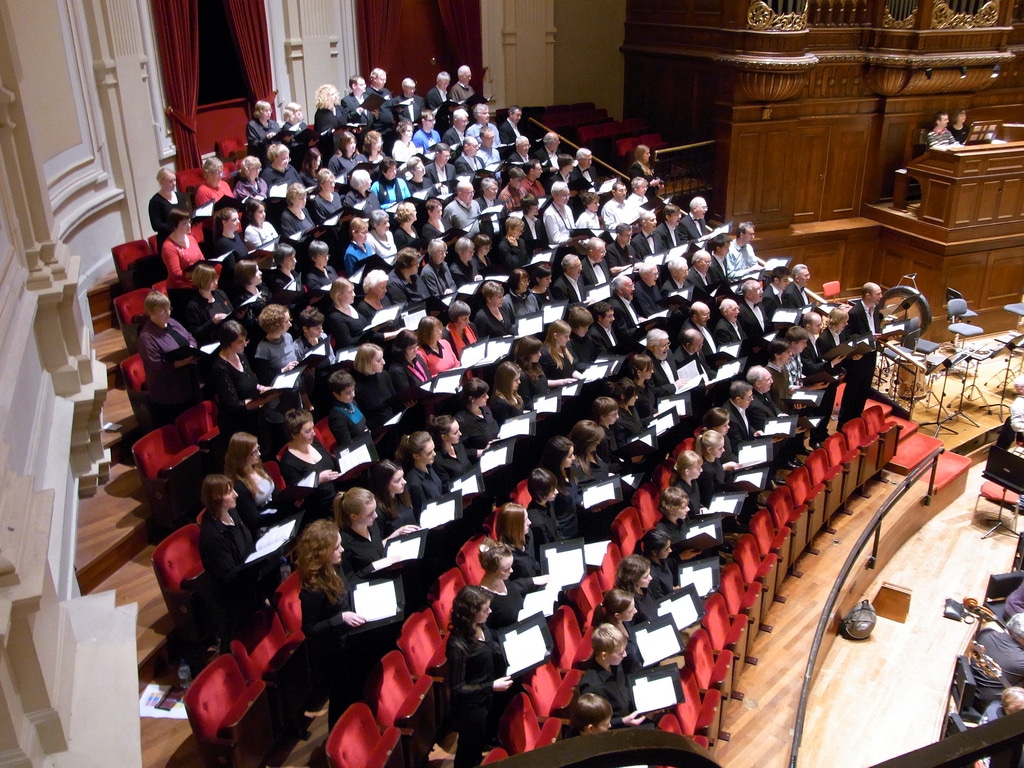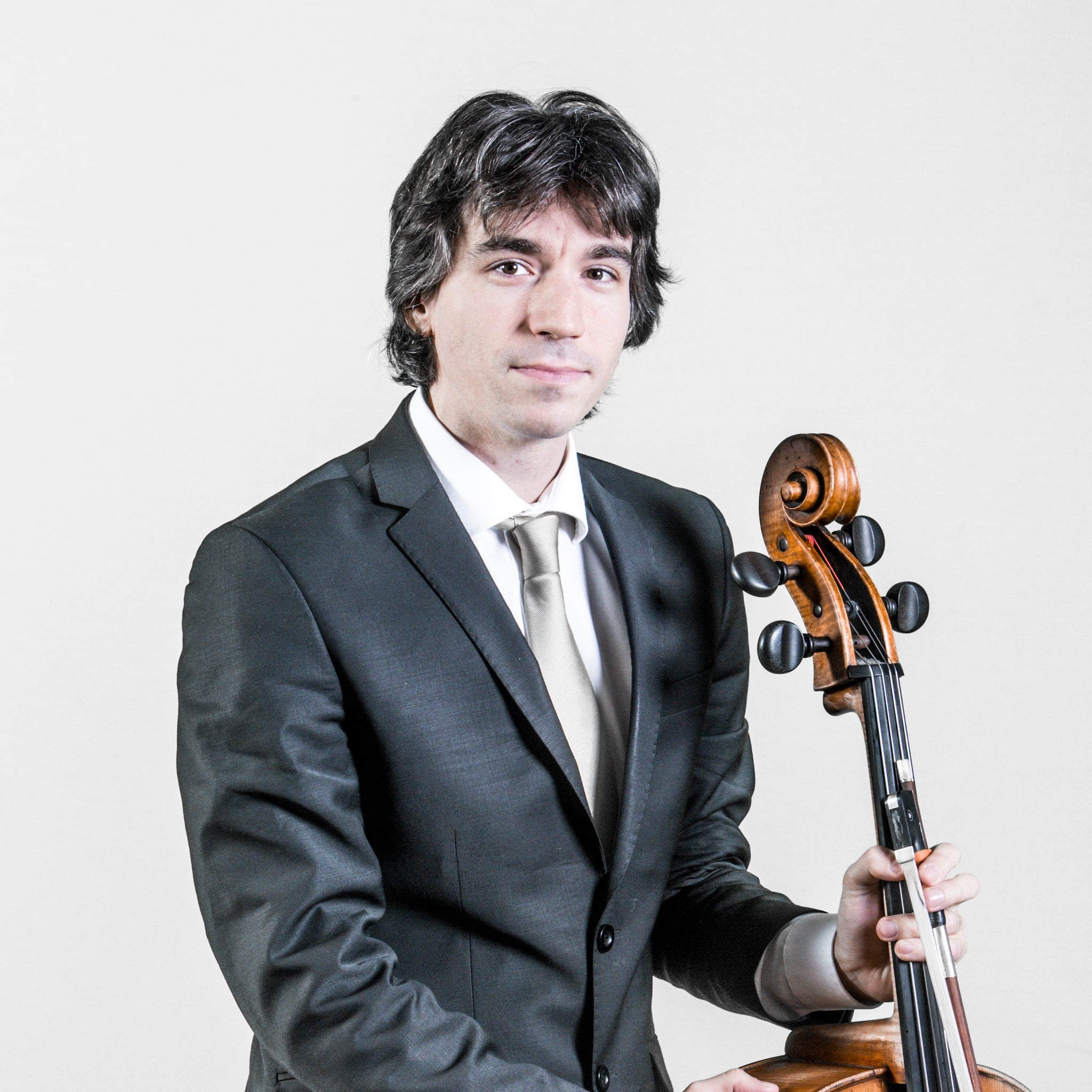Scotland’s desperately seeking singers
mainThe country’s oldest choir, the Glasgow Choral Union, has changed its name to the Royal Scottish National Orchestra’s Chorus. But it still can’t attract enough singers.
Here’s the latest shout out:
The Royal Scottish National Orchestra’s Chorus is inviting applicants to join the nation’s historic vocal ensemble.
The RSNO Chorus performs in around six different programmes in up to twenty concerts across Scotland with the Royal Scottish National Orchestra each year. In addition to its commitment to the Orchestra, the RSNO Chorus performs independently and has been invited to perform with orchestras in many different parts of the world, establishing an international status for the choir. The RSNO Chorus has toured in Copenhagen, Hong Kong, Israel, Germany, Belfast, Australia, Trondheim and most recently, Amsterdam.
RSNO Chorus Director Gregory Batsleer: “There is no feeling quite like singing in a chorus and at this standard the effort and commitment is substantial but the rewards are without measure. The RSNO Chorus is a historic organisation with a proud legacy, and it is my distinct pleasure to be in a position to guide the ensemble to greater artistic heights. There has never been a better time to join, so we’re keen to hear from those of you who have the temperament, expertise and willingness to be a part of Scotland’s musical history.”
Currently, the RSNO Chorus has around 120 members. As an amateur chorus, the members receive no payment for their services, but the level of performance and the speed at which they are required to learn repertoire means that the ability of singers is high.
Forthcoming performances for the RSNO Chorus include Verdi’s Requiem in December, Handel’s Messiah in January, a new work by Irish composer Gerald Barry in May, and performing live accompaniment to the screening of the Oscar-winning 1984 film Amadeus, also in May 2017.
For more information on the RSNO Chorus and details on how to apply to become a member, contact RSNO Chorus Manager Christine.Walker@rsno.org.uk or visit www.rsno.org.uk/chorus.






Comments